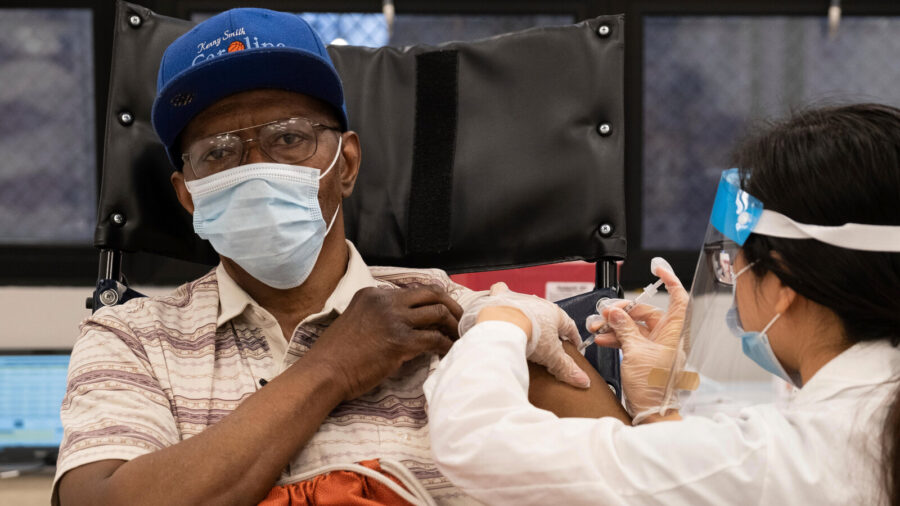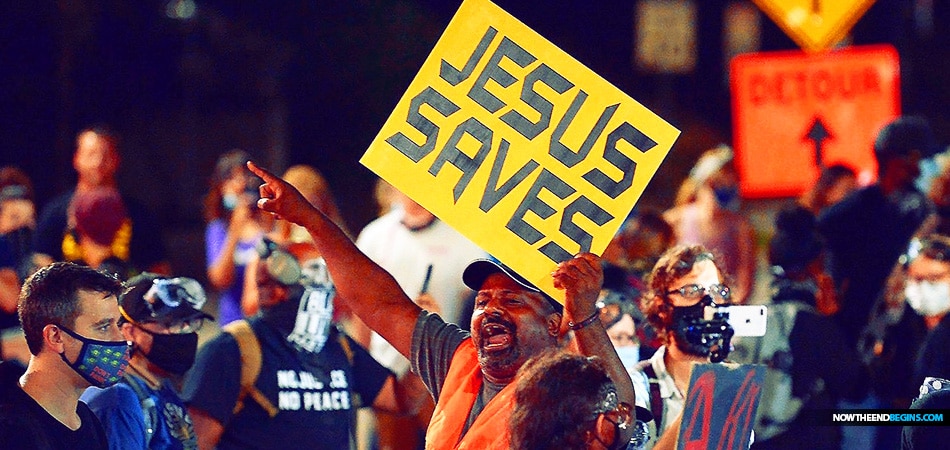
www.nytimes.com
By Thomas A. LaVeist and Georges C. Benjamin
Dr. LaVeist is a medical sociologist and the dean of the School of Public Health and Tropical Medicine at Tulane University. Dr. Benjamin is a physician and the executive director of the American Public Health Association. They are among 60 Black health experts who have signed on to this Op-Ed.
Disinformation has pervaded social media and is an assault on our people.
Our country is facing a public health crisis on a level not experienced for more than 100 years. It should be reasonable to expect that all citizens can rely on their government and health institutions to protect them. But for many Black Americans, trust in the government does not come easily.
Far too often, our health has been ignored and even abused in the name of science. It is no surprise that polls indicate Black Americans are far less likely than other groups to intend to get vaccinated against Covid-19.
We are among 60 Black members of the National Academy of Medicine, the premier health science organization in the United States. Together we are scientists, doctors, nurses, other health care professionals and public health experts. We feel compelled to make the case that all Black Americans should get vaccinated to protect themselves from a pandemic that has disproportionately killed them at a rate 1.5 times as high as white Americans in cases in which race is known — a rate that is most likely very conservative.
Many of us fought our way into health professions specifically to care for the health of our community. We have devoted our careers to ensuring that everyone — regardless of race — receives the care required for optimal health. This is why we support the Covid-19 vaccines.
Disinformation about the coronavirus and vaccines has pervaded social media, feeding on long-held and absolutely warranted distrust of health institutions in Black communities. The lies are an assault on our people, and it threatens to destroy us.
A recent survey by the Kaiser Family Foundation found that 43 percent of Black Americans were taking a “wait and see” approach to getting a vaccine. Eight percent said they would get one only if required. Fourteen percent said they would “definitely not” get a vaccination. Only 35 percent said they would get or already have been vaccinated. What’s also troubling, as Kaiser reported, is that “Black Americans are still receiving Covid vaccinations at dramatically lower rates than white Americans.”
With numbers like those, we believe this moment requires leaders to stand up and lead: to help save our people and nation, to protect Black Americans and all Americans, and to break the stranglehold Covid-19 has had on our country.
Vaccines are now available. They were developed over a remarkably short 10-month period because of recent technological advances just waiting for a moment such as this. These vaccines were tested by teams of outstanding scientists in many different countries — including Black scientists who worked on vaccine development and served on review panels for the Food and Drug Administration. Numerous Black public health professionals are leading the efforts to ensure that the distribution of the vaccine is fair and equitable. The safety and efficacy profiles of the vaccines are very strong, meaning there is good evidence that they are safe and effective.
We have reviewed the research and feel confident the research was done correctly. Most importantly, we know that the trials were conducted across a diverse group of Americans from all backgrounds — Black, Native American, White, Hispanic, Asian and men and women. While we understand why there might be hesitancy about getting vaccinated, we need to weigh the risks of taking the vaccine versus being infected by the virus and the potential of health problems, hospitalization, even death.
We can’t know everything about the long-term impact of the vaccine at this point. However, we are beginning to learn about the long-term impact of Covid-19. While most survivors return to seemingly normal health, many others have continued to struggle. The lanterns that President Joe Biden and Vice President Kamala Harris placed on the National Mall to commemorate the now 450,000-plus mothers, fathers, sisters, brothers, daughters, sons, neighbors and friends who have already lost their lives to Covid-19 in the U.S. is a clear indicator that this virus is not just “the flu.”
The 60 of us are Black Americans. We are trained health professionals. We understand the science. We understand our community. Many of us have already received the shots. The rest of us will get them when our turn comes.
We encourage you to claim your place in line to get vaccinated. Do this for yourself. Do this for our community. We are asking you to trust our advice because we are a part of you. And together we can save lives.
Thomas A. LaVeist, is a medical sociologist and the dean of the School of Public Health and Tropical Medicine at Tulane University. Georges C. Benjamin is a physician and the executive director of the American Public Health Association.
The Times is committed to publishing a diversity of letters to the editor. We’d like to hear what you think about this or any of our articles. Here are some tips. And here’s our email: letters@nytimes.com.
Follow The New York Times Opinion section on Facebook, Twitter (@NYTopinion) and Instagram.









